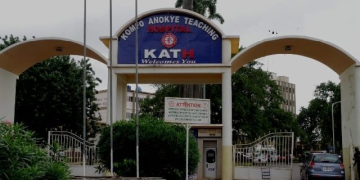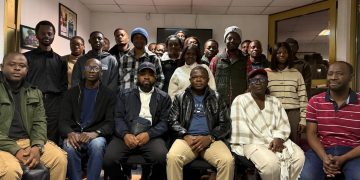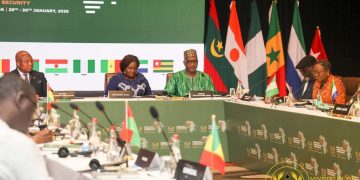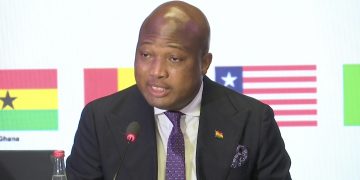The Anglican Church of Ghana has waded forcefully into the Wesley Girls’ High School hijab debate, declaring that mission schools have an “incontrovertible right” to uphold their religious identity including enforcing their own uniform rules.
In a statement issued on 26 November 2025, the Church said it “unequivocally supports the position articulated by the Ghana Catholic Bishops’ Conference and the Christian Council of Ghana,” insisting that schools founded by religious bodies were established “to propagate specific religious values.”
“This includes the authority to set rules on uniforms, religious observances, and other operational matters congruent with their foundational mission — a right enshrined in Ghana’s Constitution (Article 21(1)(c) and Article 43),” the statement emphasized.
Signed by Most Rev. Dr. Cyril Kobina Ben-Smith, Metropolitan and Primate of the Church of the Province of West Africa (CPWA), the Anglican Church stressed that its support for mission schools does not undermine national ideals of religious tolerance.
While affirming “religious tolerance, mutual respect, and inclusivity essential to Ghana’s pluralistic society,” the Church argued that these values “must be harmonized with the legitimate expectations of religious institutions.”
“Mission schools are not merely public entities; they are establishments deliberately founded by churches to transmit specific spiritual and moral values,” it said. Forcing such institutions to compromise these values, it added, “would infringe upon their constitutionally protected freedom of religion and association.”
The Church urged government officials, legal experts, parents, and the general public to approach the debate with “judicious balance,” noting that respecting the autonomy of mission schools “does not equate to discrimination but rather to upholding the rule of law and Ghana’s constitutional guarantees on religious freedom.”
The Anglican Church said it trusted that ongoing national deliberations and legal processes would safeguard both the rights of religious institutions and the educational aspirations of students across the country.
Source: kumasimail.com


































































